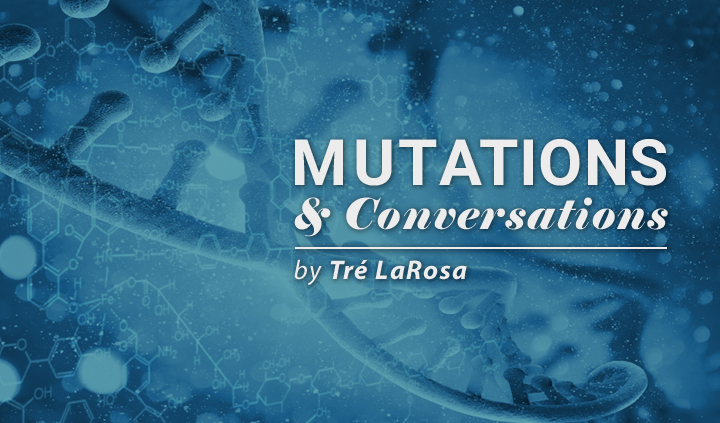Science Literacy Is a Necessity in the CF Community

“Bill! Bill! Bill! Bill! Bill!”
Many millennials immediately recognize the iconic jingle that was the introduction to the educational (and entertaining!) children’s science show “Bill Nye: The Science Guy.” Bill Nye was the only nonacademic exposure to science that some American kids enjoyed. At least, it wasn’t academic in the conventional sense. Nye made science interesting, fun, and accessible for kids. This was especially important for students when traditional education wasn’t particularly exciting or easy to comprehend.
It’s hard to overstate Nye’s importance in the collective consciousness of so many kids from the 1990s and 2000s. Most students experienced irritation when their high school math teachers told them math is used in their everyday life. It’s not every day that we explicitly use geometry, trigonometry, algebra, or especially, calculus. But the Science Guy showed us how science really did apply to everyday life.
“Bill Nye: The Science Guy” sits at an interesting inflection point in the lives of millennials. Kids are curious; many experts believe that curiosity is an innate aspect of humanity. For young kids, the original show was perfect: Bill was quirky, funny, likable, animated, and intelligent. His experiments made us excited about the scientific topics that were so often presented in a clinical manner.
If we were introduced to the Science Guy at an older age, it may not have been “cool” to say we liked the show, or science in general. Puberty strikes, then sports, girls, and other things become more interesting than school or learning. Some kids won’t admit how much they love learning or science until college, when people stop caring all that much what your hobbies are. (People should almost never judge others’ hobbies.)
Bill was then, and is today, a major proponent of science literacy. The show’s goal was to use humor and compelling experiments to help kids learn more easily. In fact, it was shown that students who watched “Bill Nye: The Science Guy” were better able to explain scientific principles.
Science literacy is valuable for everybody! This becomes even truer when you consider people with chronic diseases. For somebody with CF, being scientifically illiterate can be genuinely dangerous. I don’t advocate listening to doctors without some level of skepticism — in fact, I’m a huge proponent of always asking questions. This is where a healthy level of trust comes in, but also the ability to research and understand some basic science to corroborate doctors’ claims.
It is imperative that everyone with CF get the flu vaccine. It’s also necessary for all those who come into contact with people with CF to be vaccinated (obviously excluding people who are medically unable to). The more people are vaccinated, the less likely influenza is to spread. For CF patients, this can — without hyperbole — be the difference between life and death.
I understand the concern that comes with medical conditions and treatments, but here’s where the value of science literacy comes in: You can do your own research and understand it, to some degree, without having to blindly trust everybody. Once you have a basic understanding of how vaccines work, it’s difficult to get trapped by any of the nonsensical, harmful myths that others perpetuate.
Two other issues that go hand in hand regarding the topic of science literacy are adherence to medication in general, and to antibiotics specifically. When patients have a good understanding of their medications, they are more in tune with why they need to take them. When using modulators, this is especially important. With better understanding comes better adherence.
As for antibiotics, patients often stop taking them once they are feeling better, but this is bad. When you stop taking the prescribed course, you risk allowing the most pernicious and resilient bacteria to flourish and remain, possibly leading to relapse or resistance. It’s also an issue that patients request antibiotics for everything, including viral infections, which antibiotics have no effect on, again risking bacterial resistance.
Science literacy is valuable for everybody. In the CF community, it isn’t a choice to be scientifically literate. It’s a necessity.
Follow along with my other writings on my humbly named site, www.trelarosa.com.
***
Note: Cystic Fibrosis News Today is strictly a news and information website about the disease. It does not provide medical advice, diagnosis, or treatment. This content is not intended to be a substitute for professional medical advice, diagnosis, or treatment. Always seek the advice of your physician or other qualified health provider with any questions you may have regarding a medical condition. Never disregard professional medical advice or delay in seeking it because of something you have read on this website. The opinions expressed in this column are not those of Cystic Fibrosis News Today, or its parent company, Bionews Services, and are intended to spark discussion about issues pertaining to cystic fibrosis.








Leave a comment
Fill in the required fields to post. Your email address will not be published.